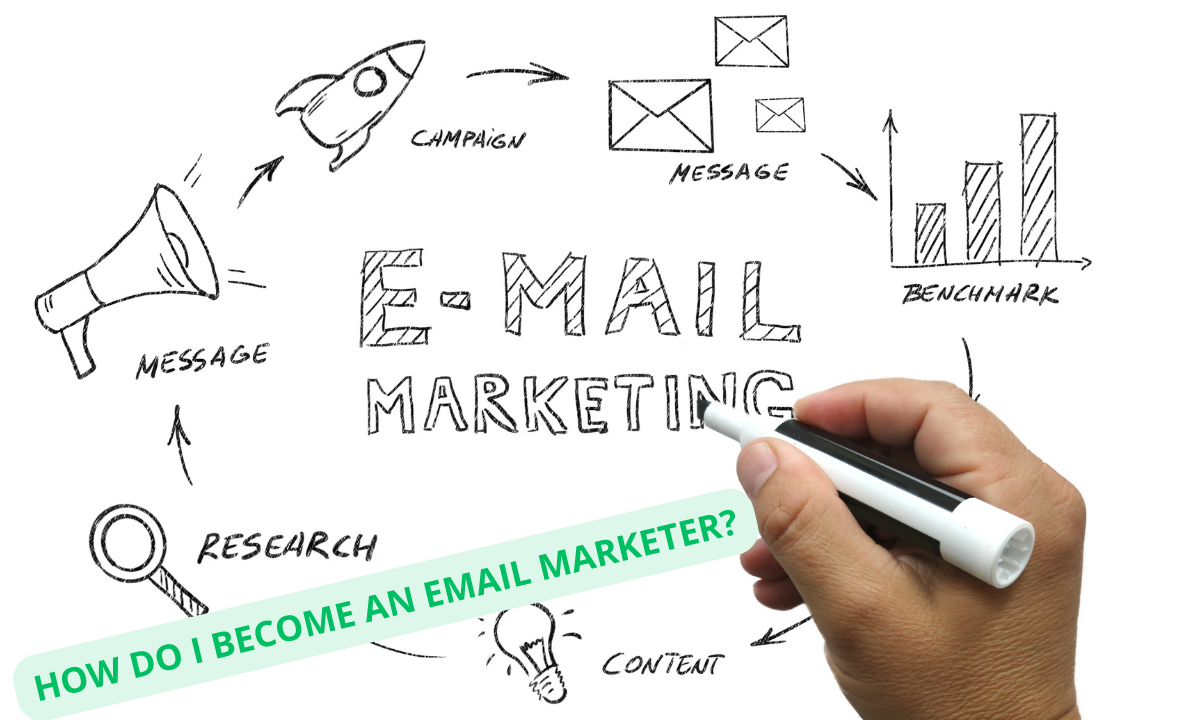Welcome to the realm of email marketing! If you’re curious, about pursuing a career in email marketing you’ve come to the spot. This comprehensive guide will walk you through everything you need to grasp covering the fundamentals and advanced tactics to equip you for success.
Email marketing can be a powerful tool to nurture leads, drive sales, and build brand loyalty. Here’s a more comprehensive guide to get you started.

What is Email Marketing?
Email marketing is a form of direct marketing that uses email to promote products or services. It helps businesses connect with their audience, nurture leads, and convert prospects into customers.
Importance of Email Marketing
Why is email marketing so crucial? It’s one of the most cost-effective marketing strategies, offering a high return on investment (ROI). Emails can be personalized, making them a powerful tool for building relationships and boosting sales.